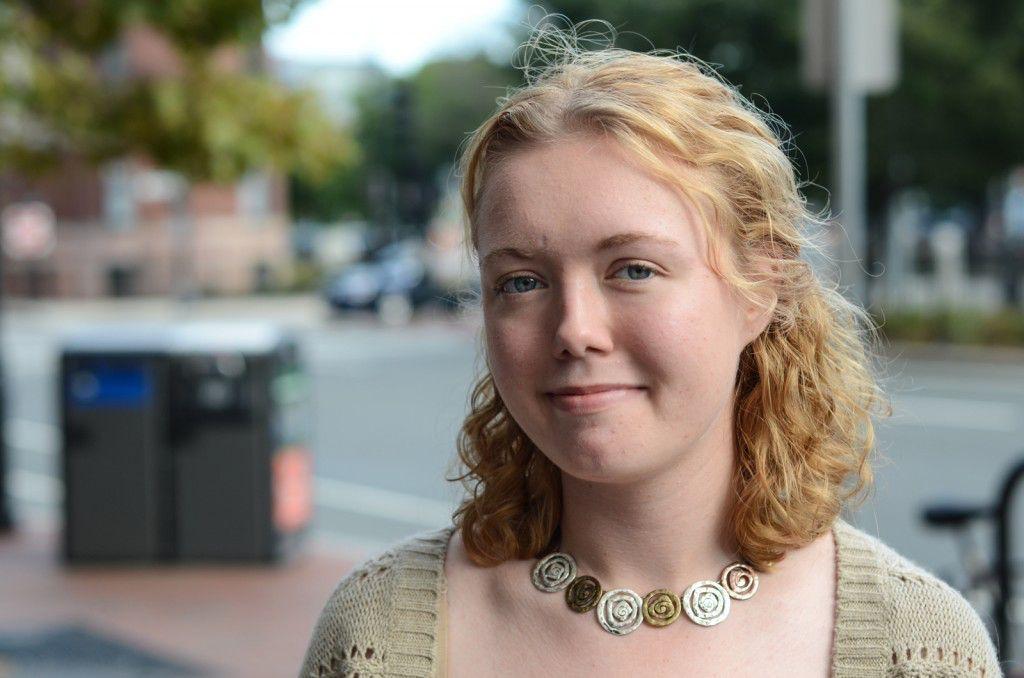I’ve literally written six columns for his week. I wrote one on gender equality in the third world. I wrote one on my ideal 2016 presidential candidate. Draft four discussed how future politicians would handle an in-depth social media history. My sixth column was a strong endorsement for the legalization of marijuana. Then I decided to write about Ferguson, Missouri.
For those of you who don’t know, Ferguson and the rest of the nation spent the last few weeks waiting to hear back from a grand jury on whether or not Officer Darren Wilson will be charged with shooting and killing Michael Brown. Back in August, Brown’s death sparked outrage and protests in Ferguson. Many believed that Brown’s dark complexion was a major factor in his death. As protesters from across the nation poured into the town, journalists and the media began to cover the rioting and mounting tension in Ferguson.
On Monday, business owners throughout the St. Louis suburb boarded up their storefronts, anticipating violence. The tragedy in Ferguson is a major issue; misuse of power is a matter we cannot take lightly. However, the largely unresolved racial tension is an even greater problem. As a white girl from the suburbs, I have a lot of opinions on this matter that I’m sure many of you are eager to hear. But here’s the most important one: we need to change the way we discuss race in this country.
We don’t talk about it nearly enough. We let our problems continue to build up until the pressure is so great that events such as Brown’s death become catalysts for months of protest. We can’t allow this cycle to continue; it will only get worse. It will only create a larger divide between demographics.
Most critics assume my opinion is invalid or my beliefs are wrong because I am white. The last time I wrote about race in this column, someone tweeted about how, as a white woman, I shouldn’t be allowed to write about race. I recently attended a spoken word performance where I spent two hours being lectured to about my inability to comprehend the struggles people of color face.
Look, I am the first person to admit that there are privileges that come along with my melanin count. I am not denying that. We have a long way to go before we achieve any semblance of equality in this nation, but the more we prevent people from speaking, the less likely these goals and ideals become.
A discussion on race in this country should not be one-sided. It shouldn’t be a lecture on all the things I have done wrong. It needs to be a conversation. There needs to be an exchange of ideas that results in a mutual understanding of some larger truth.
How about instead of limiting those who are allowed to speak on issues of race, we encourage debate and discussion? How about instead of minimizing someone’s opinion based on race, we help change beliefs and habits? It is incredibly easy to ignore others’ ideas and to shut down their beliefs. It is difficult to understand where they are coming from and help them grasp a greater understanding. As the saying goes, the best path is rarely the easiest or most convenient.
This nation needs to create equal opportunity for all public school students, regardless of background. Affirmative action is an important, but broken system. People of color are often missing from films and television. White people often misappropriate cultures they do not understand.
We cannot fix any of these problems if we cannot talk about them. We cannot change the way we see color in this country if we don’t acknowledge the misconceptions and stereotypes. We need an honest discussion about race in this country, one that welcomes all people to the table. We don’t need to agree, but we do have to listen.
I am a white woman who cannot fully understand the problems young men of color face in this country today. But I want to try. We cannot allow a one-sided conversation to suffice in this day and age. We are revolutionizing the way we discuss gender and sexuality. Why not change up the race discussion?
Ferguson is not just about the tragic death of a young man. It calls upon themes so large we cannot comprehend their magnitude. However, that does not mean we should not try. Ferguson is an example of what happens when we ignore the race problems in this country. It’s a demonstration of what happens when people feel they must fight back against a system that ignores their voices. We can be better than this. We must be better than this.



















































































































